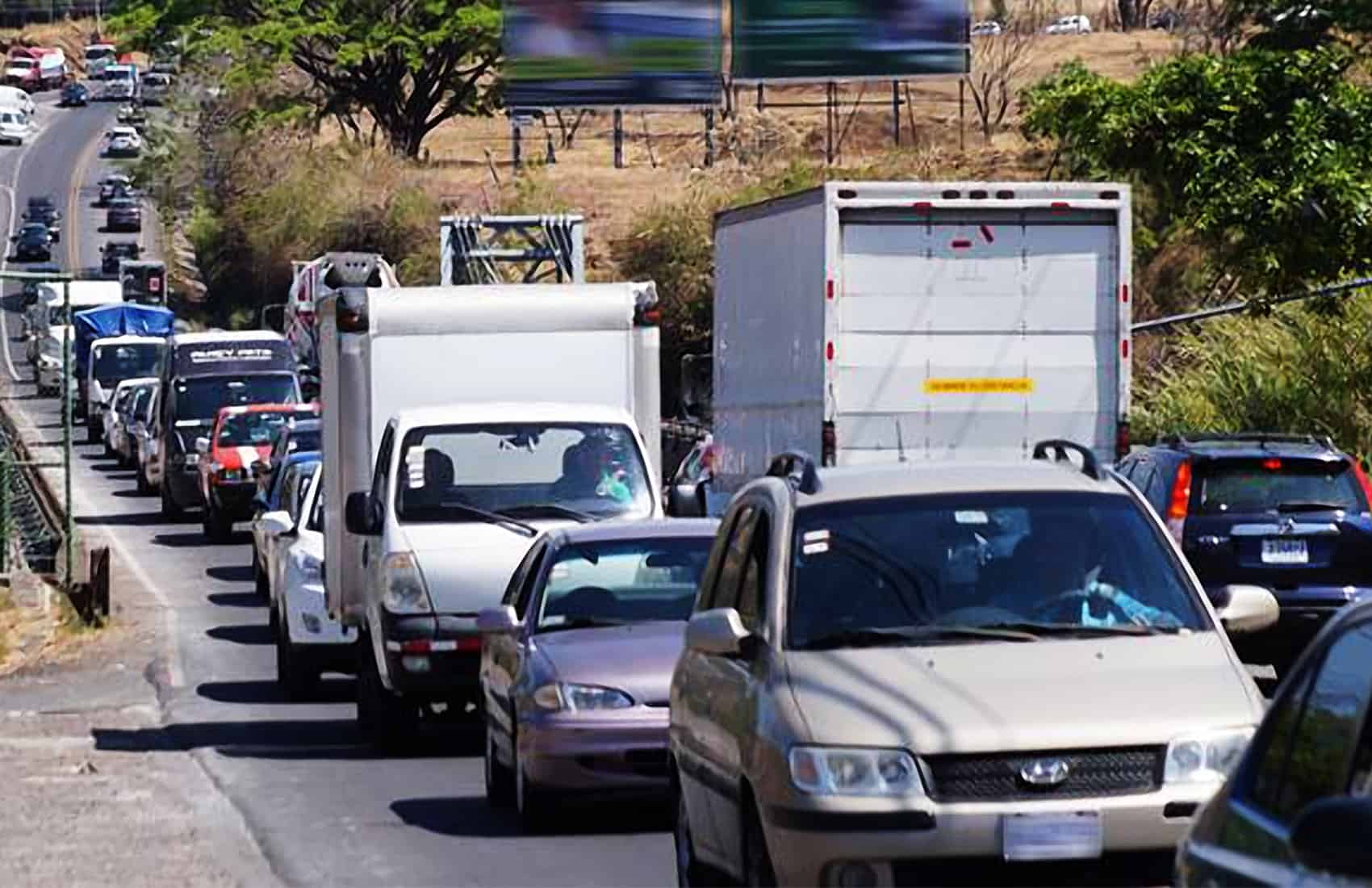Road chaos in Costa Rica continues to escalate as the number of vehicles grows rapidly while much of the country’s road infrastructure remains unchanged for decades. For most Costa Ricans, this translates into hours spent daily in traffic congestion with no immediate solutions in sight.
Key issues limiting the efficiency of Costa Rica’s road network include dispersed urban growth, poor integration between public transportation and urban planning, and the concentration of economic and social activities within the Greater Metropolitan Area (GAM). These challenges are detailed in the Safe Mobility Study 2024, conducted by Grupo Purdy and the Center for Urban Sustainability.
Traffic congestion also significantly impacts people’s emotional well-being. Prolonged exposure to gridlock increases stress, irritability, and anxiety, leading to long-term mental and physical health risks. Psychologist Ximena Abarca, an expert in road-related issues, explains the consequences: “When people are continually exposed to heavy traffic, they can develop chronic anxiety, insomnia, and even burnout.”
These effects ripple into daily life, affecting work productivity, study routines, social interactions, and rest. Over time, the strain caused by daily traffic can diminish overall quality of life.
Costa Rica ranks 144th out of 162 countries in average road speeds, according to the International Monetary Fund (IMF). For instance, traveling from Alajuela to San José via the General Cañas Highway can take two hours or more during peak traffic, a journey that should be significantly shorter.
Grupo Purdy CEO Alejandro Rubinstein highlighted the urgency of addressing the crisis: “We need a comprehensive approach that prioritizes both infrastructure and mental health. Traffic congestion not only impacts drivers but also affects social harmony.”
While infrastructure upgrades are necessary, experts argue that a holistic strategy is essential. Costa Ricans are urgently calling for a train or subway system, improved bus routes with better connectivity, and urban planning that encourages walking to reduce dependency on cars.
Without decisive action, Costa Rica risks further declines in productivity, public health, and social cohesion. Tackling this issue requires collaboration among government, businesses, and communities to ensure efficient mobility and a healthier environment for all.






